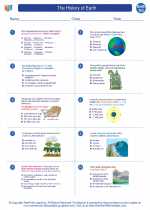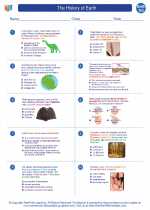Nematoda
Nematoda, also known as roundworms, is a diverse phylum of animals that belong to the kingdom Animalia. They are unsegmented worms that are found in various habitats including freshwater, marine, and terrestrial environments. Nematodes play important roles in nutrient cycling and can be both beneficial and harmful to humans, animals, and plants.
Anatomy and Characteristics
Nematodes have a cylindrical body with a tough cuticle that protects their body. They have a complete digestive system with a mouth and an anus. Nematodes move using longitudinal muscles and are known for their thrashing motion. They also have a simple nervous system and excretory system.
Ecological and Economic Importance
Nematodes have both positive and negative impacts on the environment and human activities. Some nematodes are beneficial as they aid in nutrient cycling and decomposition. However, certain species of nematodes are parasitic and can cause diseases in plants, animals, and humans. For example, the nematode Caenorhabditis elegans is widely used as a model organism in biological research.
Study Guide
- Describe the body structure of nematodes.
- Explain the ecological roles of nematodes.
- Discuss the economic importance of nematodes.
- Compare and contrast free-living and parasitic nematodes.
- Identify common examples of nematodes and their habitats.
Remember to review the anatomy, ecological roles, and economic impacts of nematodes to have a comprehensive understanding of the topic.
.◂Earth Science Worksheets and Study Guides High School. The History of Earth

 Worksheet/Answer key
Worksheet/Answer key
 Worksheet/Answer key
Worksheet/Answer key
